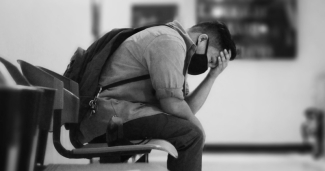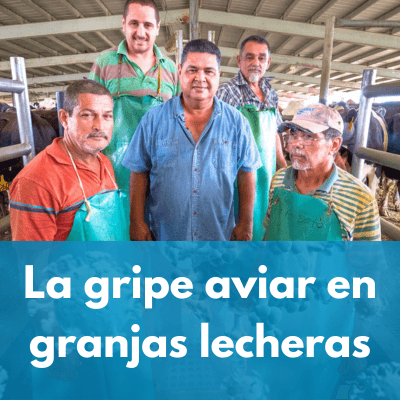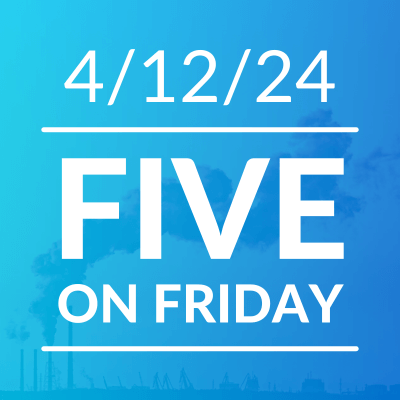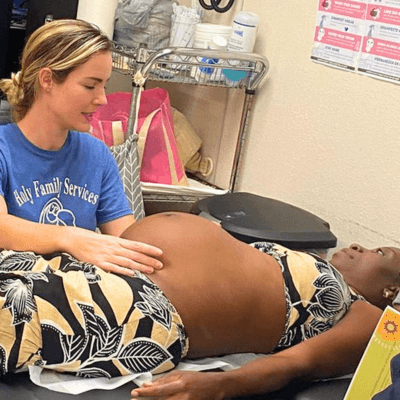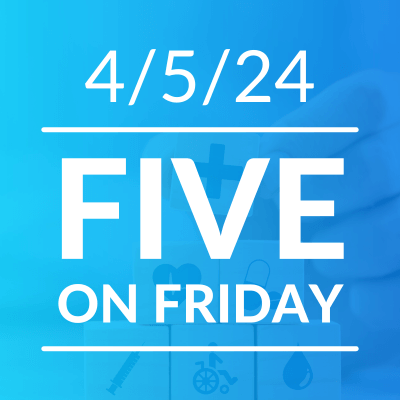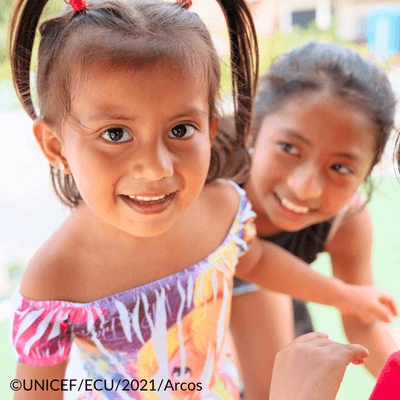"Yes, You ARE Entitled to Your Grief!": Looking at a Year of Many Losses, Many Kinds of Grief
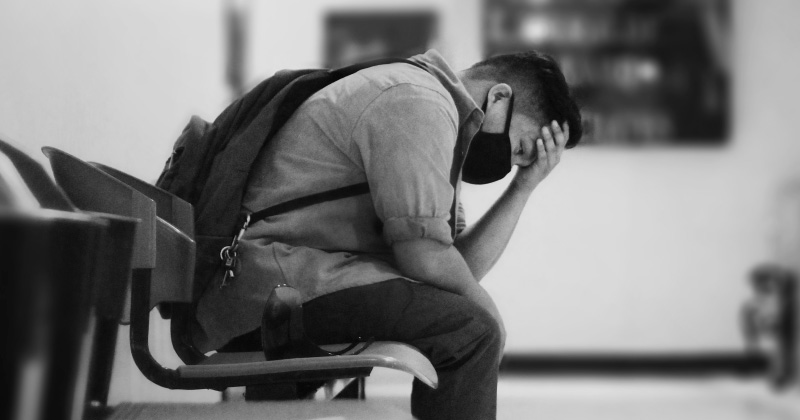
[Editor’s Note: May is Mental Health Awareness Month. This blog comes from Kaethe Weingarten, PhD, Director of MCN’s Witness to Witness program. Keep up to date with W2W by signing up for the W2W newsletter here.]
There is no doubt that this past year has been one of grief for millions of people. I have provided online seminars and met with small groups on the topic of grief and heard hundreds of accounts. Many conversations stand out, but in this blog post, I want to focus on a subject I have not seen much writing about. I have heard over and over people say they don’t feel entitled to the grief they are in fact experiencing because it does not “fit” what “others” are suffering and thus is not a “legitimate” reason to feel grief. That is, people tell me they are grieving losses of something they hold dear, but they aren’t losses of a loved one – family, friend, or neighbor. Or, if the grief is about a person, the person didn’t die from COVID-19. So, they say, how can they deserve sympathy when other people’s losses are “real” or “so much worse?” I have also heard this: “I am ashamed that I feel so upset when I have the really important things in my life -- my family, a job, a home -- and others are truly suffering.”
Apparently, in some people’s minds, some grief qualifies for sympathy and some does not. Who is the jury here? Who gets to vote? How have we come to this?
I may not be able to answer those questions but I hope I can make a contribution to dispelling the idea that only some losses matter. In my view, there have been many kinds of losses and therefore many kinds of grief.
Grief is different for everyone, even if people have the same loss, be it a person, a pet, a home, a job, or a family memento. There is no one way that people grieve and there is no right or wrong way to grieve. It turns out that the conditions of our loss impact how challenging it is to grieve. A recent study to investigate grief responses to deaths that occurred during the COVID-19 pandemic concluded that more severe acute grief reactions occur after COVID-19-related bereavement compared to natural bereavement (but not bereavement due to unnatural causes).1 This research further suggested that the “expectedness of the death explains differences in grief between people experiencing COVID-19-related and natural loss.” Part of what created the unexpectedness of the death was the fact that in most instances the person died without family or friends present and the death was usually sudden. An additional factor that impacted pandemic-related grief was how difficult it was to gather community to share the rituals of mourning.
It is easy to see how these factors may contribute to grief related to losses that are not due to the death of a loved one. I have heard: my cat ran away and is still missing. I lost my job. I was going to take a trip and I had to cancel it. I’ve been unable to hug my grandchildren. I miss going to concerts. I don’t play basketball with my friends anymore. I had a walking group and now I walk by myself. I miss going to the grocery store, the plant nursery, and my yoga class. My extended family missed celebrating every holiday this year. I had a tiny wedding. I had to move back in with my parents and I can’t find a job. I’m not taking college classes anymore because online learning is hard for me.
Yet all of these were offered apologetically. It turns out that there is a word for the feeling that one’s grief is not legitimate: disenfranchised grief. The earliest article I could find for this term dated to 1991 and the number of articles mentioning it was relatively small, 111, compared to listings of articles on grief itself: 12, 927. Even writing about disenfranchised grief is disenfranchised! Disenfranchised grief refers to any grief that goes unacknowledged or is not validated by social norms. This kind of grief is often minimized or not understood, even by those who are experiencing it. This actually complicates the grieving process, perhaps even prolonging it.
One more form of grief deserves mentioning. Sometimes losses occur that people don’t feel bad about and then they feel bad about not feeling bad. In one study, a gerontologist found that about 27% of the people in his sample of 1340 adults were estranged from a family member. They did not grieve when the person from whom they were estranged died; they felt relief. But also some felt regret and remorse. 2
So, as with so much in life, there is no one-size-fits-all grief. There are many kinds of grief and many reasons to grieve. Loss is loss. If you are grieving, take care of yourself. Let others reach out to console you. If you know someone who is grieving – whatever the reason – listen, acknowledge, validate, stay close, offer practical help, and be present. We all benefit when those in our community feel connected and cared for.
You can read some practical advice from Dr. Weingarten on handling loss on her recent blog post here. You can also access numerous resources on grief, secondary trauma, witnessing, and more at https://www.migrantclinician.org/witness-to-witness.
1. Maarten C. Eisma, Aerjen Tamminga, Geert E. Smid, Paul A. Boelen, Acute grief after deaths due to COVID-19, natural causes and unnatural causes: An empirical comparison, Journal of Affective Disorders, Volume 278, 2021,Pages 54-56, ISSN 0165-0327, https://doi.org/10.1016/j.jad.2020.09.049.
2. Pillemer, K. Fault Lines: Fractured Families and How to Mend Them. NY: Penguin Random House, 2020
Got some good news to share? Contact us on our social media pages above.
Return to the main blog page or sign up for blog updates here.
- Log in to post comments
